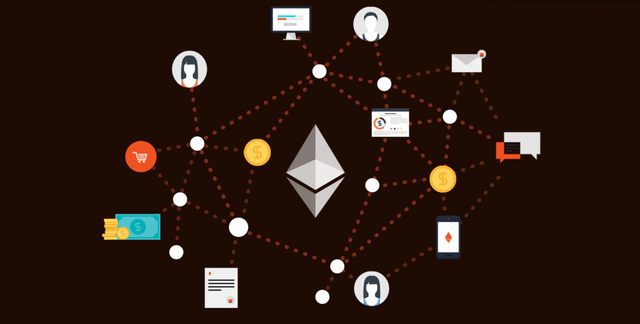How to Raise $185 Million in 5 Days With an ICO
Any new business venture needs resources in order to succeed. It is possible to bootstrap a startup by only having the founders put in their time, but at some point any company that wants to go big must raise financing.
The most realistic way of getting access to funding, when a company is considered risky because it doesn't yet have a track-record, is approaching venture capitalists. However, you can end up with a "raw deal" if equity is not distributed in your favor. And the amount of money these early stage businesses get in their first funding round, typically range anywhere from the $100k's to a couple of million at the the highest level.
If a startup succeeds in acquiring the money it needs to grow, the next stage will be taking it public, raising money from the stock market through an Initial Public Offering. Unfortunately, very few companies will ever get to the stage to be qualified for an IPO, because of the heavy regulatory burden and requirements to be publicly listed. Not all companies end up becoming the next Facebook or Snapchat.
But there is another option available, cocked up by blockchain developers, making the cryptoanarchists wet dream a reality... enter the Initial Coin Offering.
An ICO (also known as a Token Sale) allows a project to raise financing by selling tokens, which usually can be redeemed for services the project will provide in the future, or have other features.
Most of these ICOs are happening by issuing tokens through a smart contract on the Ethereum blockchain, which makes Ethereum more valuable as well, when it's used as infrastructure to power these new tokens.
A good example of how effective an ICO can be is block.one, raising $185 Million in only 5 Days.
block.one claims to provide an "end-to-end solutions to bring businesses onto the blockchain from strategic planning to product deployment."
After previously calling bitcoin a bubble, Mark Cuban is launching an ICO for his company Unikrn. In other words, this funding route hasn't only proved to be effective, but is already bleeding into the mainstream.



Yes, ICOs are a viable and easier alternative for new blockchain ideas to make enough capital to succeed. However, there are many ICOs right now, like the EOS ICO, which are selling tokens that have no utility and thus no real value. And they made more than 185 million dollars in 5 days. People need to read the whitepapers of the blockchain platforms and research on them before investing money, otherwise ICOs will be seen in a negative light in the future and valuable blockchain ideas will not get too much funding.
That is true, there is a lot of crap out there in terms of ICOs, investors should be careful about doing their research. I'm wondering how well the 'Do Nothing Token' will do, which I believe is going to tell a lot about the sentiment in the ICO market, if they actually end up raising capital for something that is obviously a joke: https://news.bitcoin.com/introducing-do-nothing-technologies-blockchain-ico/
Yes saw that too! will resteem your post :)
Thanks buddy :)
I can't help but think of Jesse Livermore and his experiences in "bucket shops". Reference: https://archive.org/details/JesseLivermoreReminiscencesOfAStockOperator
Well worth a read, by the way. The psychology is very similar when looking at ICO's, IPO's, or any other trading vehicle that aims to pull in new investors.
My point is, that you can create hype around a given issue with very little effort. This doesn't mean that the underlying fundamentals are sound. It just means that "Fear of missing out" (FOMO) can be so great that it propels an offering way beyond any reasonable valuation.
There are a lot of real-world examples, but I'll leave it to the reader to follow that particular trail.
We might see a crash in the ICO market if bitcoin ends up splitting, because that will create uncertainty in the crypto market if investors are confused about what's going on. But who knows, these massive ICOs might be able to carry on for a little longer.
Did somebody mention ICO's??
https://steemit.com/meme/@valderrama/these-ico-s-are-a-problem
;)